- PhentermineLearn more about phentermine and how to get the most from your weight loss journey.
- ResourcesAdditional information and tools to help you make the most of your effort.
- AlternativesLearn more about the most popular weight loss medications and science-backed supplements
Lipotropic 16:8 Intermittent Fasting Guide: Diet Plan, What To Eat, Meals, Rules, Schedule
Published on December 9, 2024
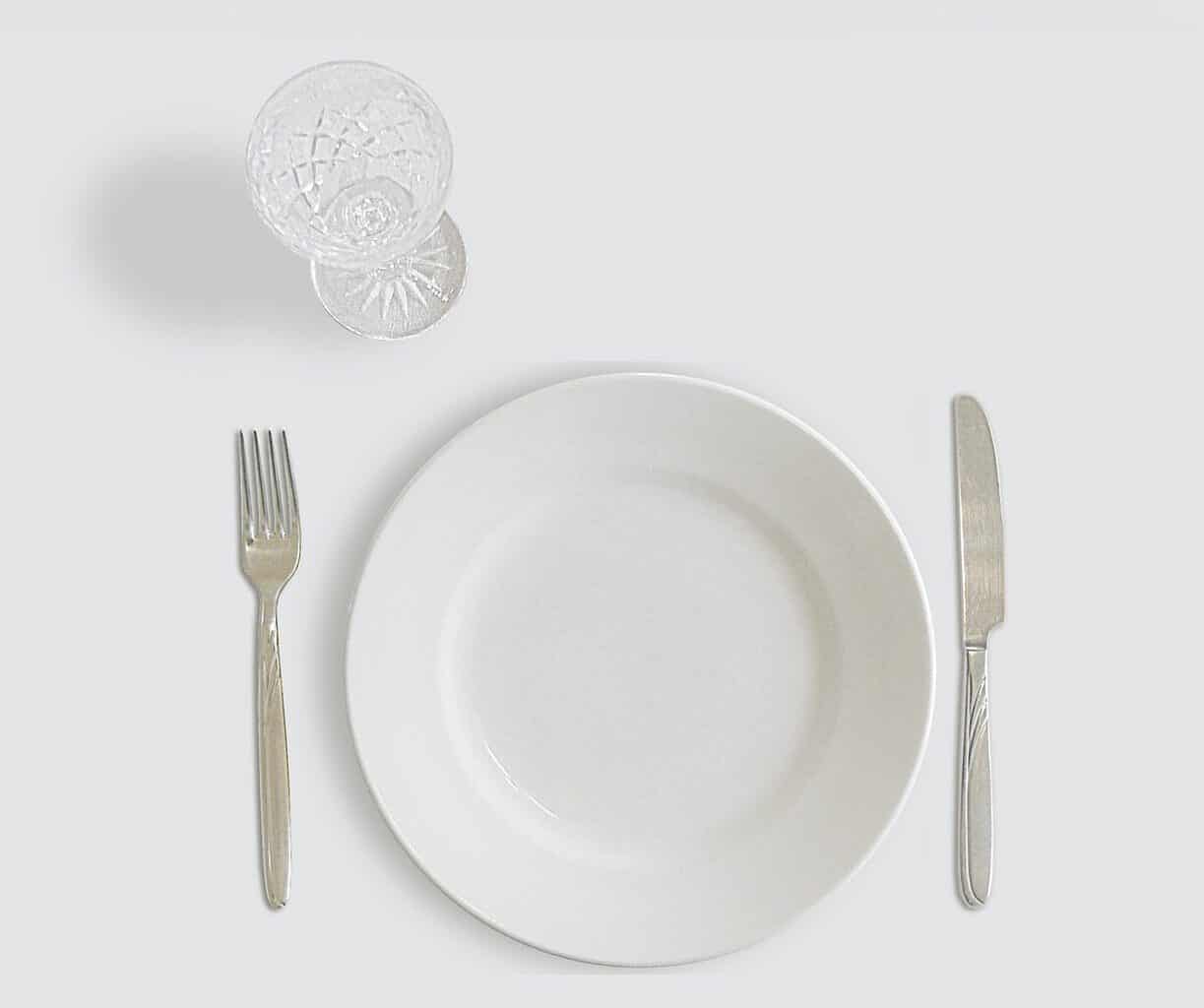
Not eating for certain times isn’t something people just started doing. It’s an old trick, with a history stretching back through countless cultures and religions worldwide. Nowadays, there are a bunch of different fasting styles, but the 16/8 method? That one’s really making waves.
Fasting is used as a tool to protest, to make a political statement, or to bring awareness to a cause, usually for religious purposes.
But now, we fast because we want to lose weight. The good news is that intermittent fasting is the easiest, most sustainable, and convenient way of losing weight and improving our entire wellbeing.
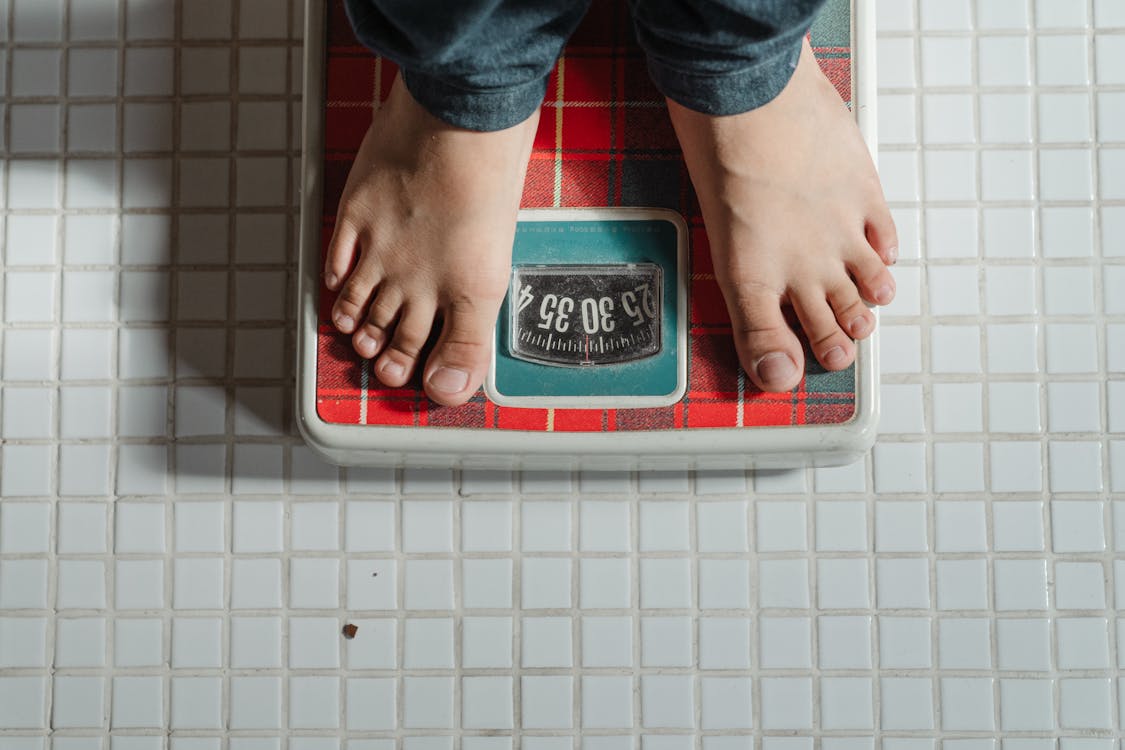
Diet plan for 16/8 intermittent fasting
Since overweight and obesity are considered as an international health crisis, perhaps, the 16/8 intermittent fasting can help us lose weight.
According to a study published in NCBI (1), intermittent fasting is an effective way to lose weight for normal weight, overweight, and obese people. Another study in NCBI (2) ascertained that the consumption of calories within the 8-hour window could improve health-related risks, maintain muscles mass, and decrease fat mass.
Since we can only consume a limited amount of food every day, we should maximize the number of nutrients we take from foods according to Healthline (3). It is recommended to fill your stomach with nutrient-rich foods.
But, a study published in Harvard Health (4) also reported that getting the right amount of nutrients is challenging as we age. One of the ways to get the most out of the foods we eat is to choose more nutrient-dense foods.
Nutrient-dense foods such as cantaloupe, quinoa, and kale contain a huge amount of nutrients and other healthy substances such as fiber, unsaturated fats, lean protein, vitamins, and minerals, without increasing calories.
A healthy diet plan should include a variety of healthy whole foods such as fruits, vegetables, whole grains, healthy fats, and sources of protein.
What to eat in 16/8 intermittent fasting?
Fruits
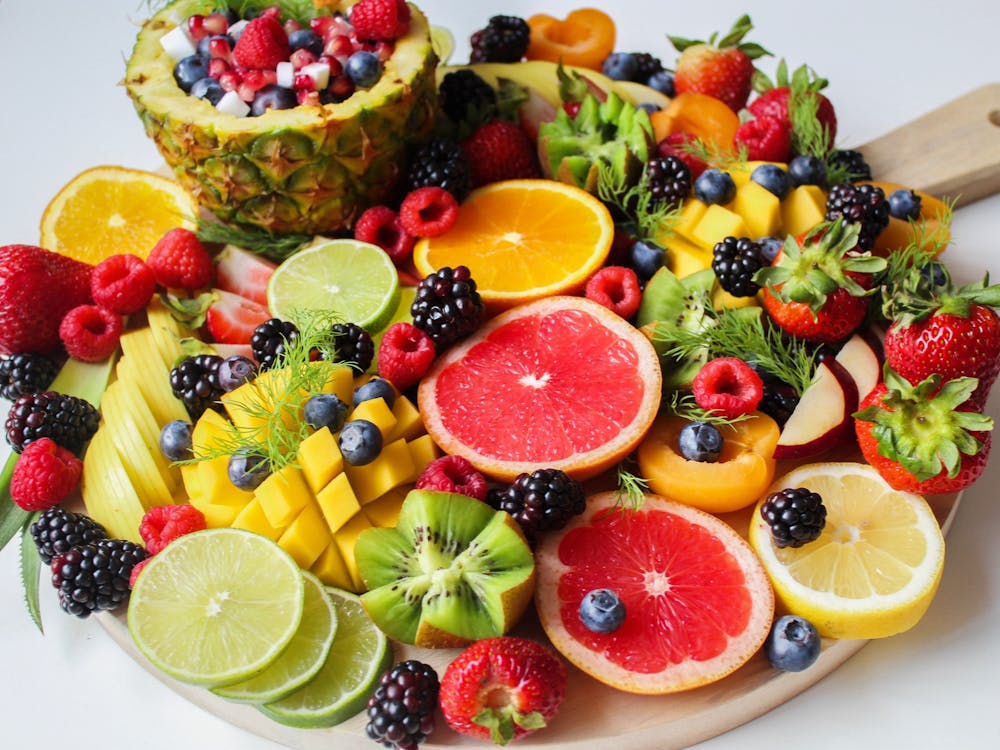
Fruits and vegetables always come together. In fact, a study published in NCBI (5) reported that we should fill ½ of our plates with fruits and vegetables. Fruits and vegetables have different contents of energy and nutrients.
Fruits contain various vitamins and minerals that are good for our health. They can help improve our entire wellbeing as well as decrease the risk of various diseases such as heart disease, cancer, inflammation, and diabetes.
But, we should be aware of the kind of fruits we eat because some fruits contain a high volume of simple sugars which induce obesity. The good news is that a study published in NCBI (6) has shown that most kinds of fruits have anti-obesity effects.
Besides, the anti-obesity effects of fruit consumption are greater than their pro-obesity effects. That is the reason why we need to include a higher amount of fruits in our daily food consumption not just to reduce weight, but also to promote our health, together with exercise and limiting fat and sugar intake.
Vegetables
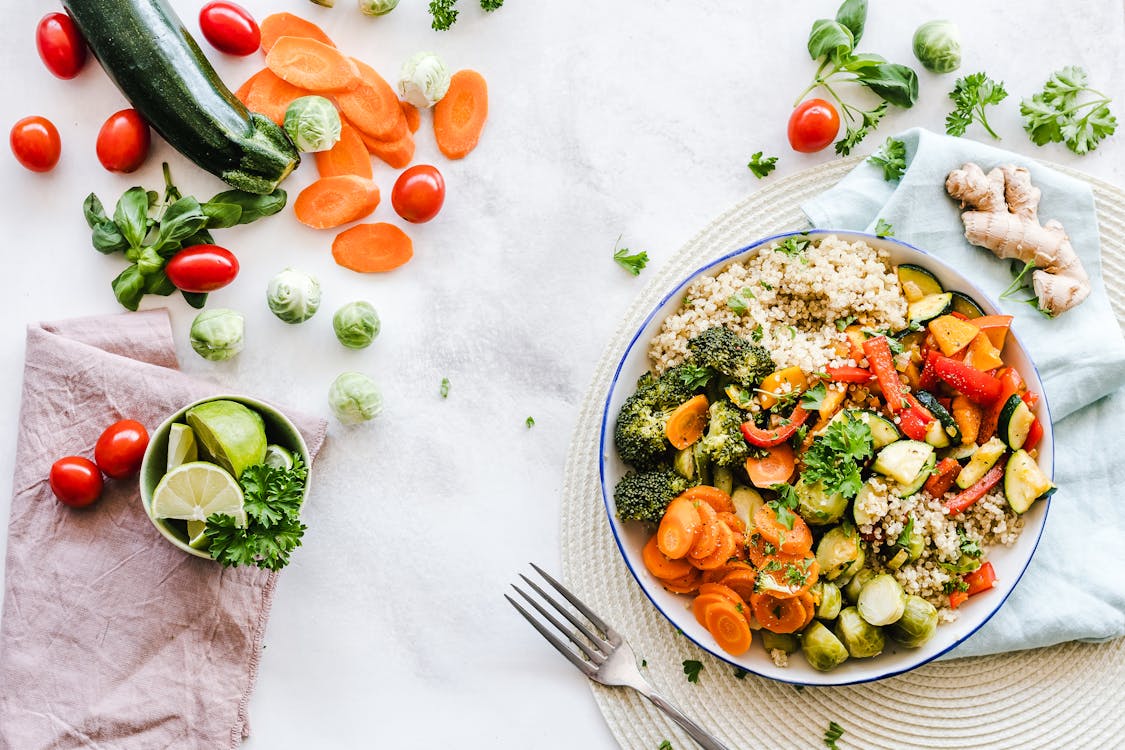
According to USDA (7), most veggies are low in calories and fats. They are essential sources of several nutrients such as dietary fiber, potassium, vitamin A, vitamin C, and folic acid. Dietary fiber from vegetables can help reduce blood pressure and lower the risk of heart diseases.
A study published in NCBI discussed the effects of the consumption of vegetables on weight loss. It explained that we lose weight if our energy expenditure is higher than our energy intake.
But if we follow a healthy low-energy diet, we will most likely lose weight. A healthy low-energy diet includes five servings of vegetables a day.
Whole grains
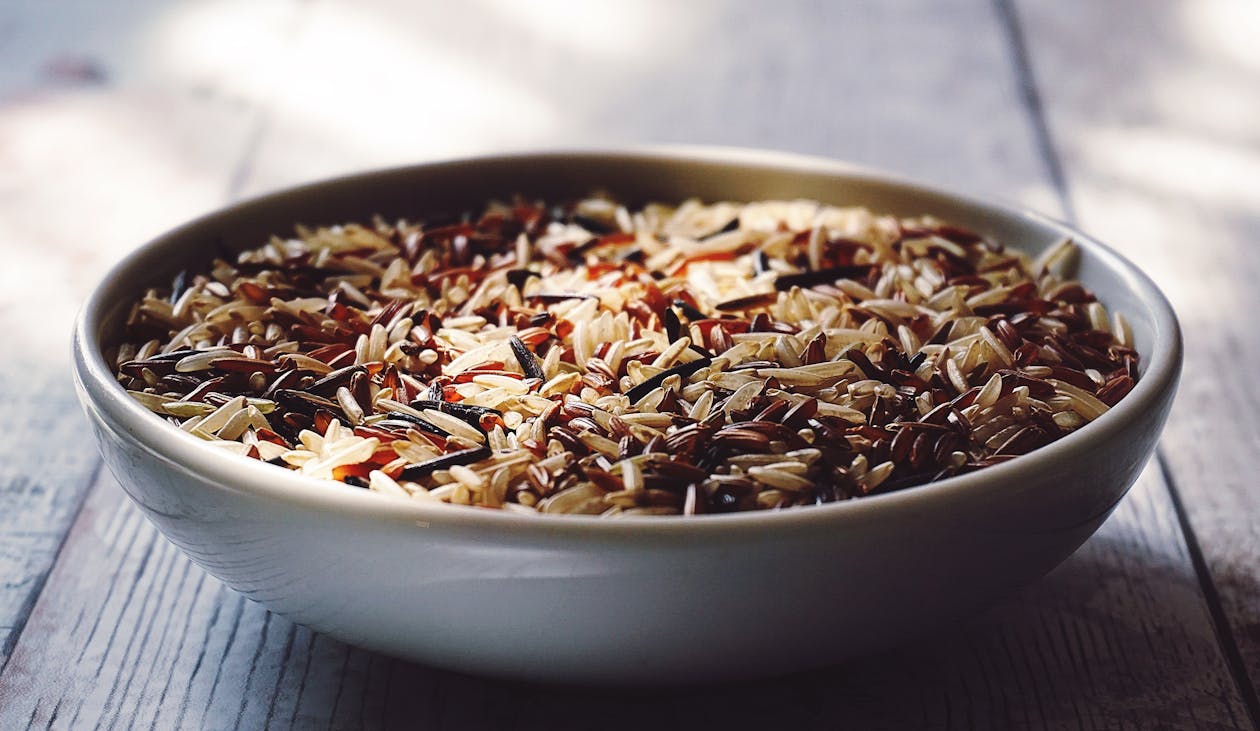
There are actually 2 kinds of grains- whole grains and refined grains. Whole grains contain vitamins, minerals, phytochemicals, and lignans than refined grains. Whole grains such as oats, rye, barley, whole wheat, brown rice, and dark bread are good for our health.
In fact, a study published in NCBI (8) ascertained the effectiveness of the consumption of whole grains as a therapeutic agent in cancer, type 2 diabetes, cardiovascular disease, and obesity. Eating healthy foods can help us lose weight, perhaps, the reason why we engage in intermittent fasting.
Healthy Fats
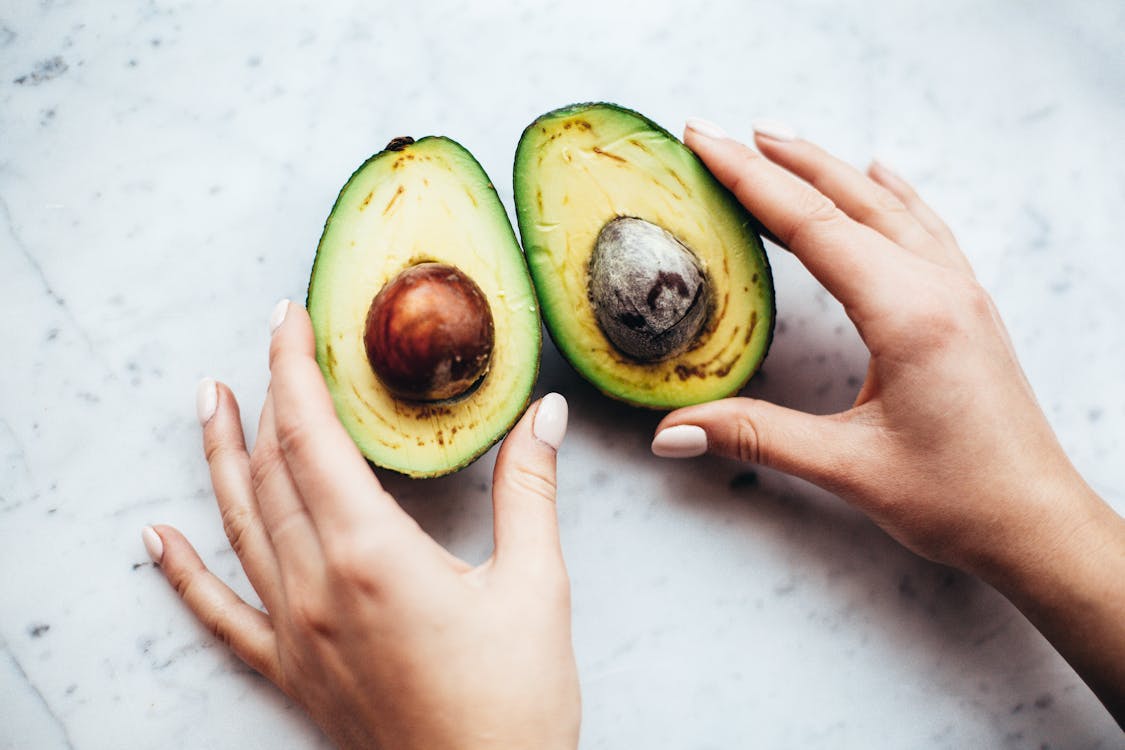
Not all fats are bad for our health. In fact, our body needs healthy fats. Healthline (9) shares its list of high-fat foods that are super healthy including avocados, cheese, dark chocolate, whole eggs, fatty fish, chia seeds, nuts, coconut oil, virgin olive oil, and full-fat yogurt.
Good protein sources
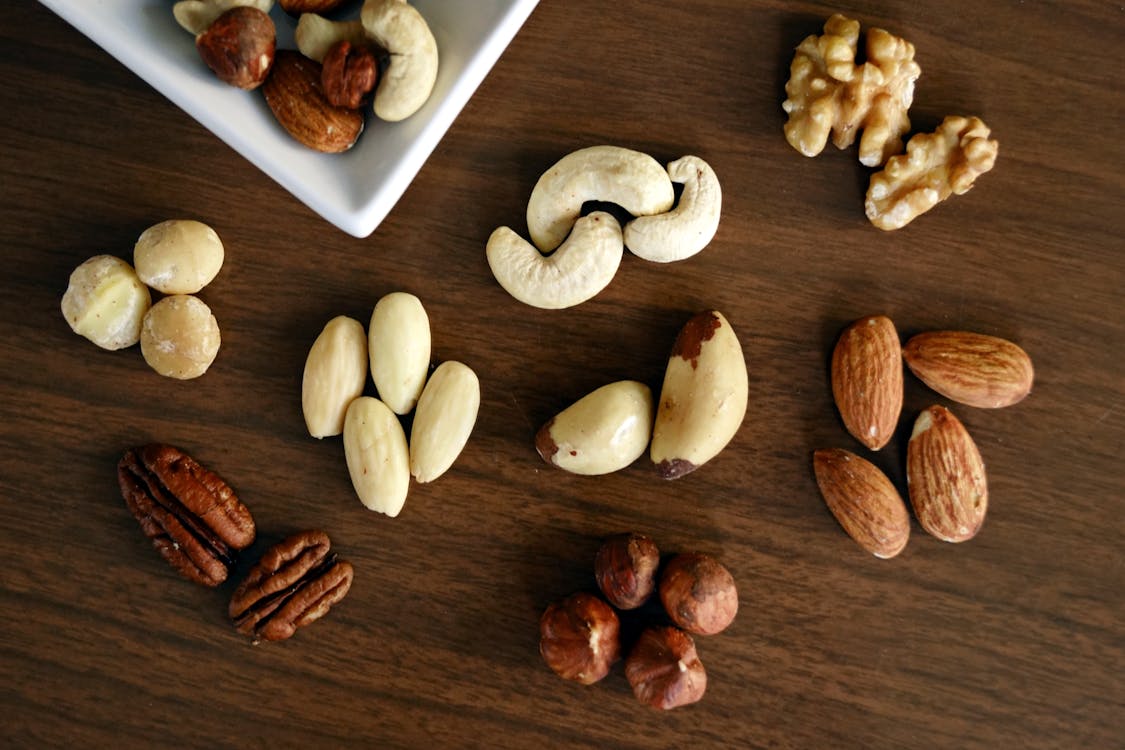
According to WebMD (10), the right kind and the right amount of protein is needed in order to shed unwanted fats, and eventually get various health benefits. Sources of protein such as eggs, legumes, seeds, nuts, fish, meat, and poultry are good for an intermittent diet.
Go for black coffee or tea, but it’s best to drink many water

According to Today (11), we can suppress hunger if we drink many water. There are times when we think that we are hungry, well, in reality, we are just thirsty. On the other hand, black coffee and tea have appetite-suppressing effects which can help reduce our feeling of hunger.
Besides, according to Healthline (12), we are allowed to drink beverages like water, of course, and unsweetened coffee or tea even if we are fasting. This can help us control our appetite while we are kept hydrated.
Meals for 16/8 intermittent fasting

The good news is that 16/8 intermittent fasting can give you the discretion to consume whatever you want during the feeding window, but it doesn’t mean that you can eat junk food or processed food. Remember your main goal- to lose weight.
If you want to be healthy while losing weight, you may need to stick to a clean, whole foods diet. Since fasting is said to reduce the risk of inflammation, eating many junk food during the feeding window can aggravate this inflammation.
Example Intermittent Fasting Eating Periods And Meals
Whether you may need to experience significant weight loss or just get rid of a minor amount of stored body fat, it is important to follow the right plan. Make sure to take facts like your blood sugar and insulin levels into consideration.
Choose a plan that complies with any type of condition your currently have.
This way, intermittent fasting becomes safer – whether you want a fast diet to reduce your body weight or experience other health benefits.
People with eating disorders should also be careful. While intermittent fasting can result in successful weight loss, it could also have negative effects among these individuals.
Here is an example of what you can eat during the 16/8 intermittent fasting, according to MBG Food (13):
If you follow an early eating window (For instance, you start at 8 am and end at 4 pm):
- 1st meal: Egg with vegetables
- 2nd meal: Apple and almond butter
- 3rd meal: Chicken and veggie stir fry
*You can drink a decaf tea in the evening.
With this option, you won’t skip breakfast.
Instead, you will eat breakfast to start your day. You will eat lunch with this intermittent fasting schedule.
If you follow a midday eating window (For instance, you start at 11 am and end at 6 pm):
*You can drink tea or coffee in the morning.
In this particular case, however, you do need to skip breakfast.
If you have a problem with lowering blood sugar, then this can be a great way to avoid spikes in the morning.
- 1st meal: Banana peanut butter smoothie
- 2nd meal: Avocado toast with pistachios
- 3rd meal: Almonds covered with dark chocolate
- 4th meal: Whole wheat pasta with turkey meatballs and tomato sauce
If you follow a late eating window (For instance, you start at 1 pm and end at 9 pm):
*You can drink tea or coffee in the morning
- 1st meal: Blackberry chia pudding
- 2nd meal: Carrots and guacamole or hummus
- 3rd meal: Quinoa, vegetables, and grilled salmon
Skipping breakfast is not advisable for some people.
While it may seem useful in your weight management strategy, people who have difficulty managing their blood sugars need to be careful.
A diet that involves fasting should not interfere with problems like insulin resistance and chronic diseases.
Benefits of 16/8 intermittent fasting
Weight loss
Of course, intermittent fasting is one of the most well-known fat loss remedies today. According to a study published in NCBI (14), even a single fasting interval can reduce metabolic biomarkers such as insulin and glucose.
It appears that any intermittent fasting plan can relatively help us lose weight, especially that we are most likely to consume fewer calories.
This may help to improve your eating pattern and give you the ability to exercise better weight control.
There is little evidence that this can be mentally or physically harmful to healthy, normal weight, overweight, or obese adults. The good thing about intermittent fasting is that even people with eating disorders might be able to benefit.
Weight loss is also only one of the many health benefits offered. It is also easy to implement calorie restriction into an intermittent fasting diet, which can further improve your weight loss results.
Improved cognitive function
The health benefits of intermittent fasting does not only relate to your weight or insulin sensitivity. Intermittent fasting can help boost focus, get rid of brain fog, and improve brain function. According to a study published in NCBI (15), if we moderately restrict our calories, we can help improve our mental function and brain health.
Since our calorie intake is most likely reduced during intermittent fasting, it can help improve our cognitive function.
Decreases inflammation
We earlier discussed that intermittent fasting could reduce the risk of inflammation, which in turn protects our brain health. The reason for this is the same as above- we restrict our calorie intake during intermittent fasting.
This can help with various health related problems. If your intermittent fasting diet involves eating foods that provide you with clinical nutrition, you may find that blood glucose levels improve. Nutrients can be absorbed more efficiently, as inflammation can affect the metabolism.
Lower blood pressure
According to Cleveland Clinic (16), intermittent fasting can help lower blood pressure. It can help decrease the risk of various heart diseases since one of the major causes of heart diseases is high blood pressure. The weight loss benefit of intermittent fasting can further help with this particular factor. If you burn fat, your blood pressure levels will gradually start to improve.
Rules for 16/8 intermittent fasting
In intermittent fasting, there are certain times when you can and cannot eat food. 16/8 stands for 8 hours of eating and 16 hours of fasting. Some people prefer to do this with an alternate day fasting method. Others may rather move away from alternate day fasting and implementing this strategy into their everyday lives.
It simply means that you can eat during the 8-hour window and abstain from eating for 16 hours a day.
The good thing about intermittent fasting is that it does not involve tracking macronutrients or calories. In the first place, there is no exact rule as to what foods to consume and avoid. According to Healthline (17), intermittent fasting is considered more of a lifestyle than a diet.
According to an article published in MSN (18), although there are no diet-type restrictions with intermittent fasting, there are some ways to maximize its purpose of losing weight. Some people consider it as an eating style rather as a diet.
To optimize the result of intermittent fasting, it’s crucial to eat nutrient-dense foods and to drink many water during the 8-hour window. Although many say that you can eat whatever you want during the feeding window, it’s a mistake to include processed junk food as it can reverse the supposed benefits of fasting.
It is recommended to start using a more clean type of food before you try intermittent fasting, especially if you want to achieve optimal results with intermittent fasting. You should prefer whole foods to processed foods and cut back on sweeteners and refined sugars. You should eat more plant-based foods.
Before you decide to engage in 16/8 intermittent fasting, you may need to talk with a professional. Women should be aware that there are certain types of fasting that are not healthy for the female hormones.
You should also be cautious when you have gut health issues or adrenal fatigue. Also, you have to avoid intermittent fasting if you are suffering from an eating disorder. In fact, a study published in NCBI (19) found out that fasting can increase the risk of binge eating, a kind of eating disorder.
Schedule of 16/8 intermittent fasting
Remember that our biological clock is designed to eat early in the morning. That’s why it’s beneficial to keep your eating periods earlier in the day- say, from 7 o’clock in the morning to 3 o’clock in the afternoon.
Our body can digest better in the morning.
Thus, it might be useful if you want to experience the full health benefits that intermittent fasting has to offer. This strategy provides you with the weight loss benefits even if you decide on an alternate day fasting method.
Our blood sugar control is also great in the morning, while it gets worse later in the day.
A surprising update was published in Health Harvard (20) discussing the difference between a diet that starts from 7 am to 3 pm, and a diet that starts from 7 am to 7 pm.
It was found out that both groups did not gain weight or experienced weight loss in the first five weeks, but later on, the eight-hour group experiences lower insulin levels and significantly lower blood pressure. The appetite of the eight-hour group also decreases significantly.
But then, you are not obliged to follow a structured plan.
You can fast whenever it suits you. Some people would find it easy to skip meals when they don’t have enough time to cook or when they don’t feel hungry.
It is worth noting that the type of fasting you choose doesn’t matter for as long as you find a way which works best for your lifestyle.
Conclusion
Some people believe that we can eat whatever we want during the 8-hour eating window.
If you want to burn fat in your body, then you may need to be careful about what you eat. Calorie restriction is important with intermittent fasting. You also need to consider the right type of intermittent fasting schedules that will work for you.
But, before we should try intermittent fasting, we should fix our diet first, especially if we want to achieve an excellent result when it comes to weight loss.
We should eat more plant-based foods and less processed foods, as well as sweeteners and refined sugars. Time and again, it is advisable for us to choose more nutrient-dense foods in order to get the right amount of nutrients our body needs.
Remember that getting enough nutrients from the food we eat is quite challenging as we age.
Also, we need to drink many water during the 8-hour window to avoid dehydration and to optimize the result of intermittent fasting.
Lastly, we should remember that our main goal should not only be weight loss, but also to be healthy with 16/8 intermittent fasting. This includes experiencing improved blood sugar regulation, better insulin levels, and even a reduced risk of heart disease.
References:
(1) https://www.ncbi.nlm.nih.gov/pmc/articles/PMC6128599/
(2) https://www.ncbi.nlm.nih.gov/pmc/articles/PMC5064803/
(3) https://www.healthline.com/nutrition/11-most-nutrient-dense-foods-on-the-planet#section1
(4) https://www.health.harvard.edu/staying-healthy/add-more-nutrient-dense-foods-to-your-diet
(5) https://www.ncbi.nlm.nih.gov/pmc/articles/PMC3649719/
(6) https://www.ncbi.nlm.nih.gov/pmc/articles/PMC5084020/
(7) https://www.choosemyplate.gov/vegetables-nutrients-health
(8) https://www.ncbi.nlm.nih.gov/pmc/articles/PMC5310957/
(9) https://www.healthline.com/nutrition/10-super-healthy-high-fat-foods
(10) https://www.webmd.com/fitness-exercise/guide/good-protein-sources
(11) https://www.today.com/health/how-lose-weight-intermittent-fasting-16-8-diet-t132608
(12) https://www.healthline.com/nutrition/16-8-intermittent-fasting#bottom-line
(13) https://www.mindbodygreen.com/articles/16-8-intermittent-fasting-schedule
(14) https://www.ncbi.nlm.nih.gov/pmc/articles/PMC4516560/
(15) https://www.ncbi.nlm.nih.gov/pmc/articles/PMC2805706/
(16) https://health.clevelandclinic.org/fasting-how-does-it-affect-your-heart-and-blood-pressure/
(17) https://www.healthline.com/nutrition/intermittent-fasting-for-women
(18) https://www.msn.com/en-in/health/nutrition/can-you-eat-whatever-you-want-on-intermittent-fasting-heres-what-the-experts-said/ar-BBPRCW4
(19) https://www.health.harvard.edu/blog/intermittent-fasting-surprising-update-2018062914156
(20) https://www.health.harvard.edu/blog/intermittent-fasting-surprising-update-2018062914156


